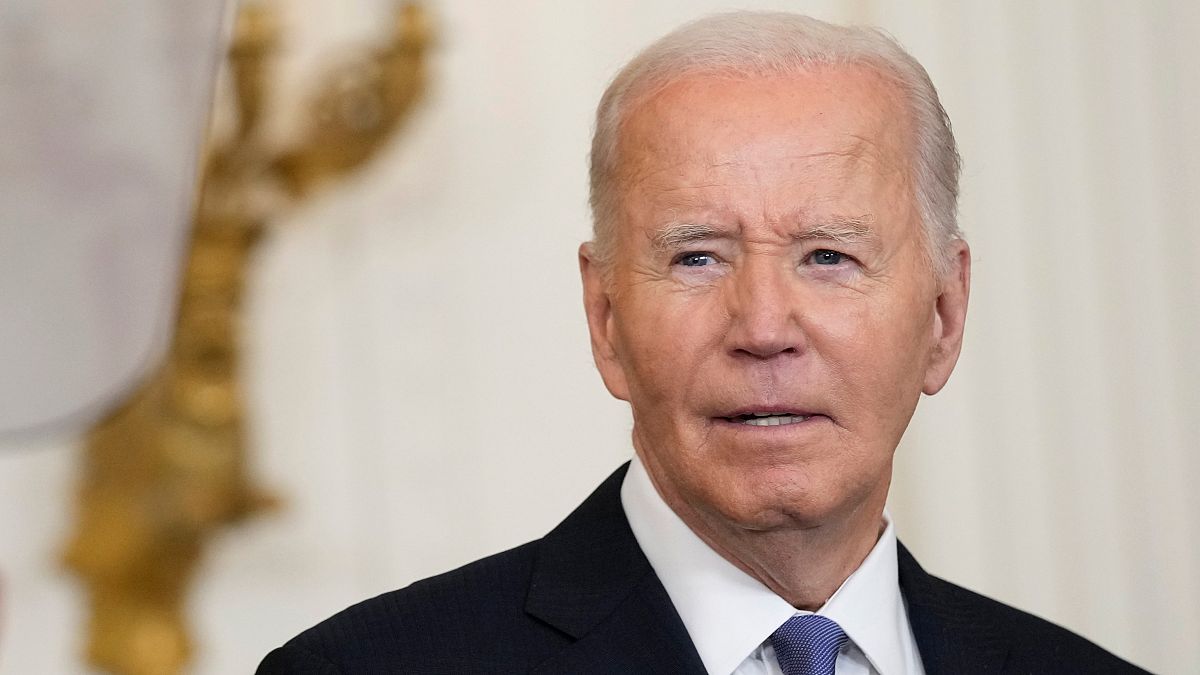US President Joe Biden’s visit to Germany this week has raised questions about the future of NATO and EU relations as his presidency nears its end. Originally scheduled last week, his visit includes meetings with key European leaders, such as German Chancellor Olaf Scholz, French President Emmanuel Macron, and UK Prime Minister Kier Starmer. The cancellation of his initial trip due to Hurricane Milton also impacted a meeting with Ukrainian President Volodymyr Zelenskyy, who has been presenting his “Victory Plan” to European leaders in Biden’s absence. With President Biden set to hand over the reigns to either former President Donald Trump or Vice President Kamala Harris, European governments are preparing for either scenario and working towards reducing their dependence on the US.
Transatlantic expert Rachel Tausendfreund emphasizes the need for Europe to procure more weapons and ammunition jointly to increase capacity. European countries have been urged to coordinate their efforts to strengthen their defense capabilities, as working separately has led to lower capacities than necessary within NATO member states. Disagreements between countries like France and Germany over producing fighter jets and purchasing weapons from other countries, such as Israel, highlight the challenges of achieving unity in defense procurement. Tausendfreund points out that both scenarios following the US election – a Trump or Harris presidency – require Europe to focus on establishing strategic autonomy and reducing reliance on the US for defense support.
In the event of a Trump victory, Tausendfreund suggests that there may be a decrease in support for Ukraine, with Trump pushing for negotiations with military support as leverage. While a strong EU response and coordination with the UK could lead to a Europeanisation of NATO, Tausendfreund warns that without increased defense capabilities, NATO could become weak by 2025. A Harris victory, on the other hand, could result in a continuation of support for Ukraine and a potential increase in aid. Tausendfreund hopes that a Harris presidency would encourage EU coordination and strengthen the European pillar within NATO, highlighting the importance of a united approach for European security.
Tausendfreund reiterates the need for stronger security guarantees for Ukraine, whether through NATO membership or bilateral security agreements, emphasizing the role of European allies in providing credible support. Ukraine’s peace plan presented by President Zelenskyy is seen as ambitious and unrealistic by some experts, with doubts about the level of support it may receive from the US. As calls for a more united European approach to defense production grow, security experts stress the urgency of tough decisions to secure the future of NATO. Regardless of the election outcome, the pressure to arm NATO remains high, with the consequences of insufficient cooperation potentially emboldening Russia and posing a threat to European security.










